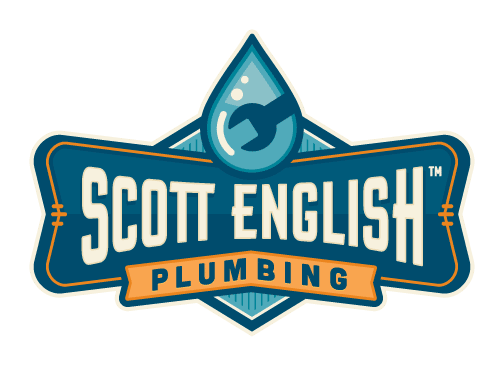Water Heater Efficiency Standards
As consumers become more and more aware of the importance of conserving energy and water, our household appliances are becoming more efficient. You may have an energy efficient refrigerator in your kitchen, low-flow toilets in your bathrooms, and water-conserving washer in your laundry room. Well, your water heater could probably use an energy efficient upgrade, too.
The US Department of Energy is introducing new standards that will become effective in April 2015. Those standards will require all residential water heaters to be more efficient. The measurement for the efficiency of water heaters is energy factor (EF), and it measures the quantity of hot water that is produced for each unit of fuel that is used. The new energy efficiency standards apply to all types of water heaters, including gas-fired, oil-fired, electric, tabletop, and on-demand.
These new standards require both homeowners and plumbing contractors alike to be more aware of the legislation itself, the new energy ratings, and the way in which these standards impact your purchase and use of water heaters.
As a result of these legislative changes, we will begin to see new technologies in the water heaters that are available on the market. Manufacturers will be implementing new methods to achieve water heaters that are reliable, effective, and energy efficient. Of all the systems in the home, the water heater ranks second in energy consumption, outranked only by the HVAC system. However, many homeowners simply don’t realize how much energy their water heater is using. We have become accustomed to the luxury of having hot water available to us anytime we need it, and we don’t think twice about how much energy it takes to produce that hot water.
For many homeowners, these changes in legislation will serve as a wake-up call; it’s time to be more mindful of the energy that we use and consider making the change to appliances that are more efficient. This translates into an opportunity for consumers to upgrade to a more efficient water heater.
As an individual homeowner, you stand to reap significant savings from installing a new, energy-efficient water heater. Across the United States, the new energy efficiency legislation is expected to have a major impact. Check out the following projections:
- 1. Reduce energy consumption in the amount of 3.3 quads. This total is equal to 45 coal-fired power plants.
- 2. Create an energy bill savings of $63 billion for products that will be shipped between 2015 and 2044.
- 3. Prevent carbon dioxide emissions in the amount of 172.5 million metric tons. This number represents the equivalent of the quantity of greenhouse gases produced by 33.8 million cars per year.
- 4. Reduce the amount of energy that large electric water heaters use by 47%.
In order to abide by the new legislation, it is important to know which products that are currently on the market are able to meet the criteria. For example, in terms of electric water heaters with a capacity greater than 55 gallons, the only option that meets the new standards is heat pump technology.
Many homeowners are heavily influenced by cost when they are installing a new water heater. However, it is important to consider the long-term cost of owning a water heater, not just the initial purchase price of the water heater itself. When you factor in the cost of operating a water heater over many years, the cost of ownership can change dramatically. Don’t forget that there are often rebates available for energy efficient models, as well.
If you are interested in replacing your water heater, get in touch with the pros at Scott English Plumbing.
